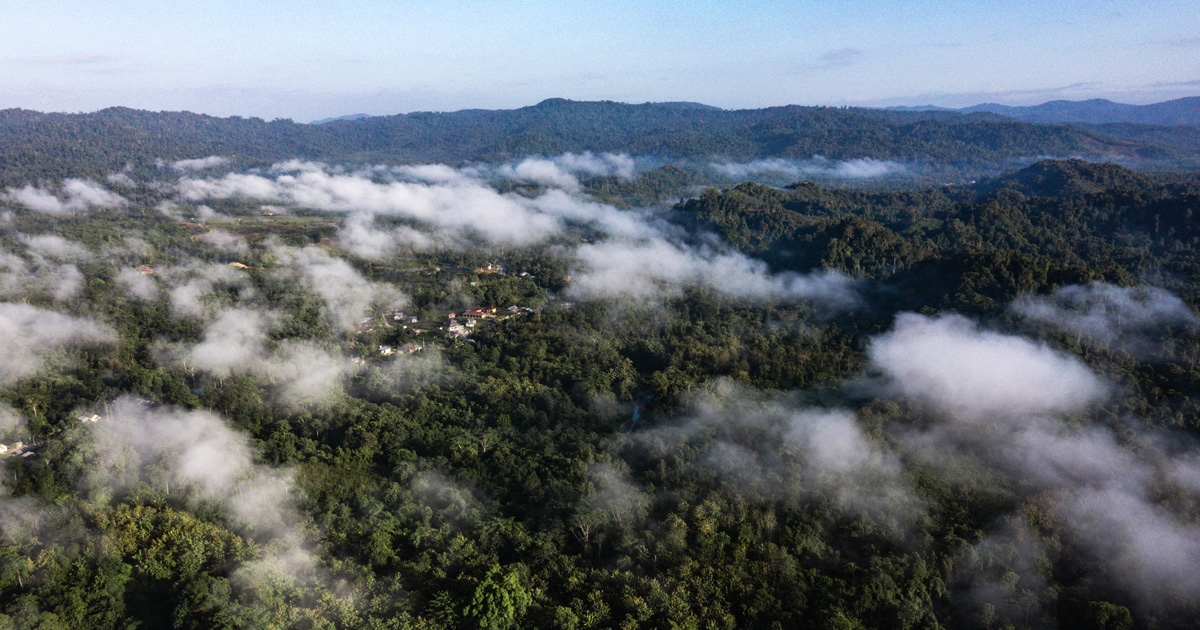Over time, plantations that monopolized large areas of land constrained smallholder options and limited opportunities to prosper from oil palm or other crops, such as rubber. Among plantation workers, who were initially recruited as couples, privileged positions in the plantation core deteriorated; plantations began to employ more casual workers and recruit men and women from distinct labor pools. Situating this particular, site-specific trajectory in the context of broad historical trends and spatial dynamics indicates that further expansion of plantation-based oil palm poses a serious risk of impoverishment, especially for women. Conversely, support for independent oil palm smallholding offers good prospects for empowering both women and men, and enhancing their prosperity. Investment in oil palm processing would be especially beneficial for young women.
Download:
DOI:
https://doi.org/10.17528/cifor/005579Altmetric score:
Dimensions Citation Count:
Publication year
2015
Authors
Language
English
Keywords
farming systems, fatty oil crops, gender relations, labour relations, oil palms, oil crops, oilseed plants, small farms, social impact, socioeconomics
Geographic
Indonesia























